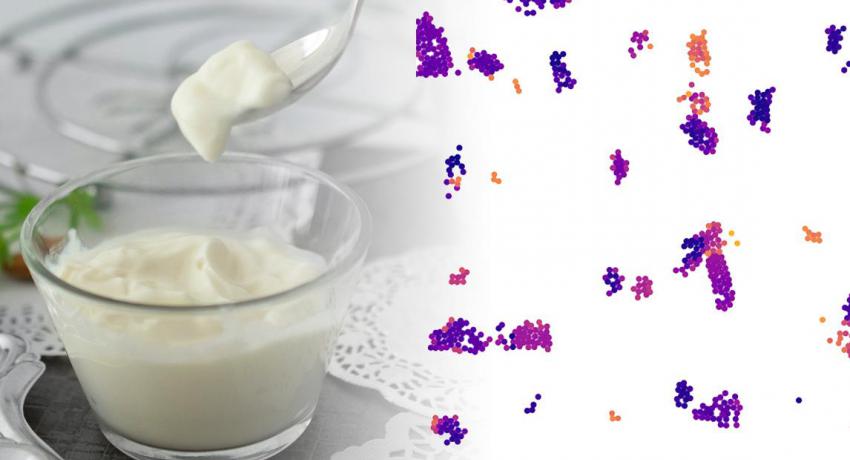Some everyday materials have memories, and now they can be erased
By Gail McCormick
Some solid materials have a memory of how they have previously been stretched out, which impacts how they respond to these kinds of deformations in the future. A new Penn State study lends insight into memory formation in the foams and emulsions common in food products and pharmaceuticals and provides a new method to erase this memory, which could guide how materials are prepared for future use.




